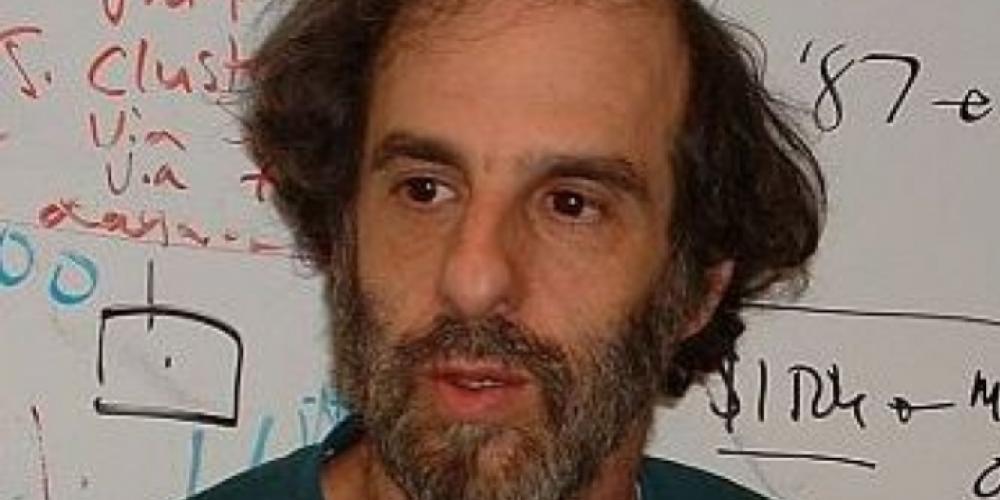
Want to attend the award ceremony coming Tuesday? Register here!
Scientists today, are they too focused on themselves and their own domains, or is the opposite true?
It's difficult to know what is the correct balance. Success in science requires an enormous focus -- it is not a part-time job. Nonetheless scientists in academia spend significant time interacting with students at various levels, conveying intellectual and cultural values as well as scientific information. Direct contact as role model may be the most effective way to mentor the next generation. Perhaps the question is whether more scientists need to engage the broader non-academic community. Many do at later points in their careers, but it is a different task, requires additional training, and it is difficult to be effective. So perhaps we could say scientists spend the right amount of time focused on their domains, insofar as each of us tries to maximize effectiveness of what we're best suited to do.
How can scientists offer an anti-dote to various forms of fake news in the so-called post-truth era?
There does not appear to be a magic antidote. Many of us might have assumed that the WorldWideWeb, making vast amounts of indexed information freely available to all, would result in a better informed population at large. But the disheartening lesson, especially of the past year, has been that it also supports walled off domains, which common sense, logic, and well-established fact cannot penetrate. (The result in my own country is almost too frightening to contemplate: to be led by an unimaginably dangerous and pompous imbecile whose only principle is self-enrichment.)
How can scientists increase their impact on society?
We have to continue doing what we're best at: employing the scientific method in domains where it's applicable, to show that there are objective facts that can be verified. Again, in the U.S., times are treacherous, with qualified scientists now systematically removed from government advisory positions, silencing the most informed voices in essential policy decisions. We have to continue pushing back against the misinformation, urge reason whenever possible without appearing to be too confrontational, and find new creative ways of reaching certain sectors of the general public.
What should be the role of universities in today's world?
Universities as well have to continue playing to their strengths: fostering an appreciation for knowledge and love of learning to the extent possible, with the hope that enough seeds are planted to grow and propagate. Universities have produced the scientists and engineers responsible for so much of the recent transformative technological change, and need to produce the future policy-makers capable of informed decision-making.
There are many developments that can be construed as threatening: climate change, job destruction by automatisation, loss of privacy through big data enterprises... Which current developments pose the greatest threat in your opinion?
The threats operate on different timeframes. Climate change poses the greatest long-term threat, and the major uncertainty at this point is just how much ocean levels will rise over the next century. But we're notoriously poor at addressing such long-term threats, to be suffered by future generations. The loss of manufacturing jobs to automation we're told is responsible for significant social unrest, with blame incorrectly assigned to immigration policies. This is a significant short-term threat, and has been cynically manipulated for political purposes in many developed countries. If that leads to more autocratic government structures, then loss of privacy may as well become a more pressing near-term concern.